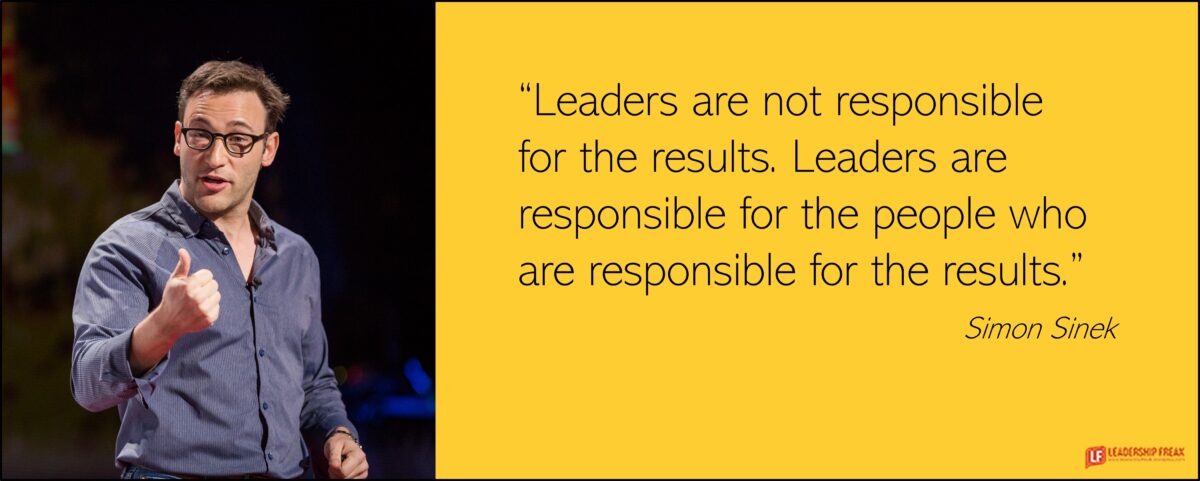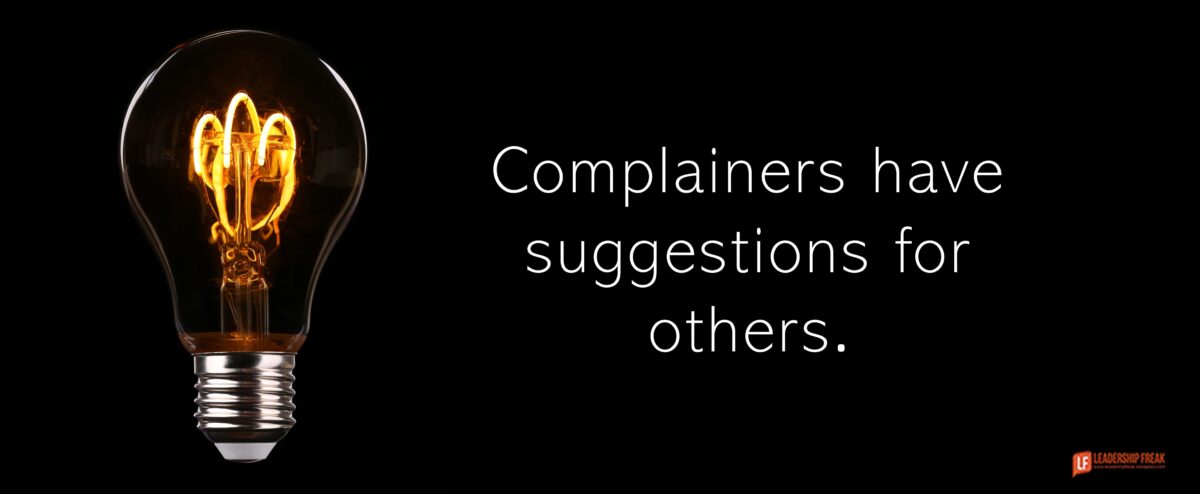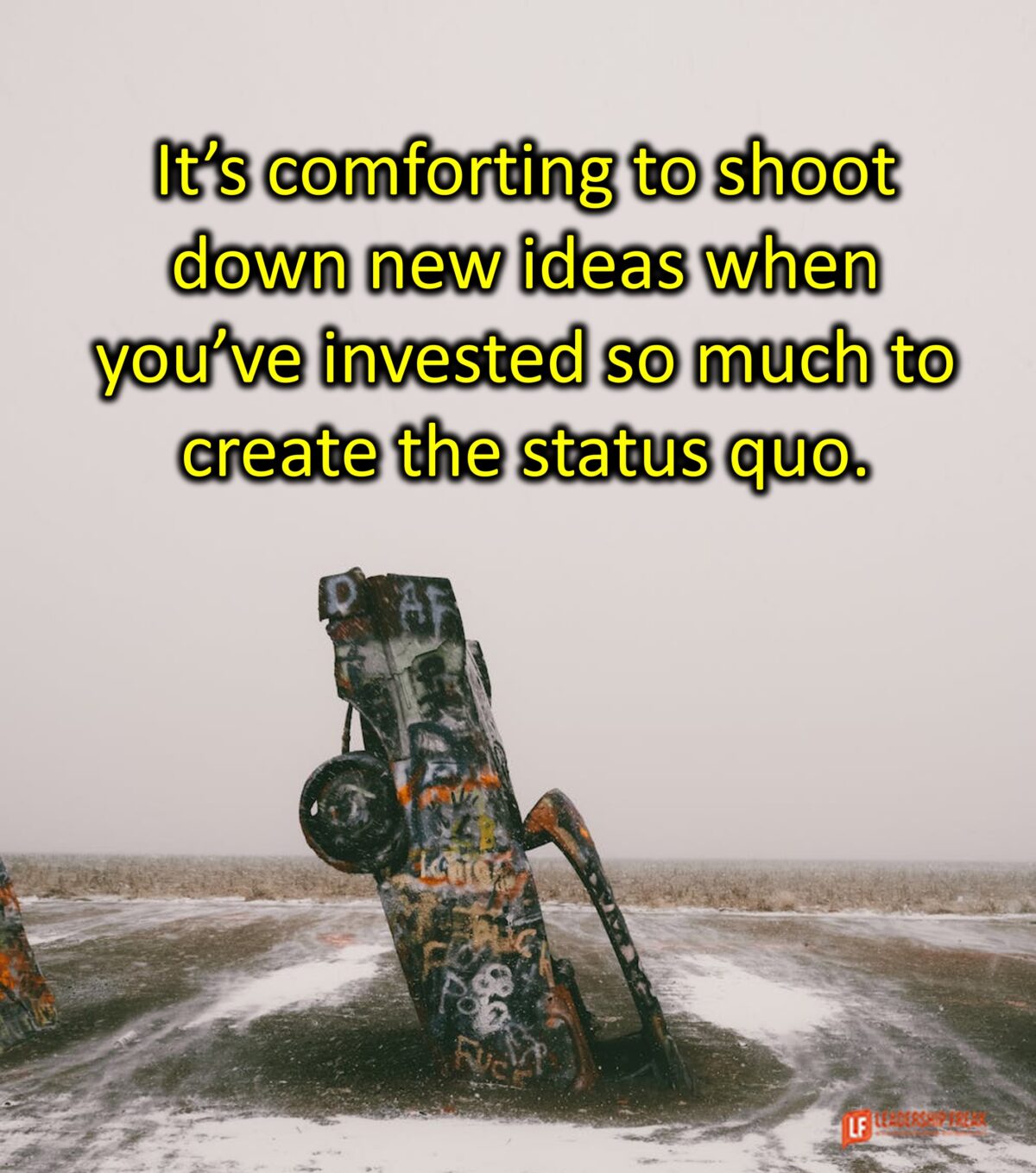Digital communication has transformed the way we convey messages using the spoken or written word. These changes may or may not be for the better, depending on your perspective. Knowing what they are, however, and understanding the changes can make you a better communicator.
So what is different today?
1. Social media has given people a platform to share their thoughts and opinions on a global scale, leading to more public and open conversations.
2. And it has also made it easier for people to disseminate bad or incorrect information.
3. It is harder than ever to assess the validity of information.
4. Influence has been commercialized. The messenger often trumps the message in terms of impact. Profit is often driven by tenuous third party endorsement.
5. The use of acronyms and emojis has become more common in written communication. While convenient, it has resulted in decreased nuances in meaning and emotion.
6. Spelling and grammar have become less formal, with more informal language and contractions used in everyday communication. This informality isn’t without risk. As the cliche goes, casualness can create casualties. The effectiveness of beauty of good writing is affected.
7. The use of voice recognition technology has made spoken communication easier, with virtual assistants such as Siri and Alexa becoming more popular. The imperfect translation from voice to print can cause humorous if not disastrous consequences.
8. The use of video conferencing has become more common, making remote communication more accessible. It has also resulted in what has been called “zoom fatigue” and an over reliance on video conferencing diminishes relationships.
9. The use of slang and colloquial language has become more common, particularly in informal spoken communication.
10. The use of nonverbal cues, such as facial expressions and body language, is becoming more important in video communication.
11. The need for brevity in communication has increased, with people preferring shorter, more concise messages.
12. The use of artificial intelligence and machine learning has made it possible to automate certain aspects of written and spoken communication, such as chatbots and automated customer service responses.
13. ChatGPT is dramatically changing how we access and assemble information into various types of communication.
What changes, large or small, have you noticed?
Mark Sanborn is an inspiring leadership keynote speaker and Leadership Expert in Residence at High Point University, the Premier Life Skills University. He teaches leaders and teams how to be extraordinary. For more information about his work, visit www.marksanborn.com.

Author: Mark Sanborn
Mark holds the Certified Speaking Professional designation from the National Speakers Association (NSA) and is a member of the Speaker Hall of Fame. He was recently honored with the Cavett Award, the highest honor the NSA bestows on its members, in recognition of his outstanding contributions to the speaking profession. In 2020, Global Gurus named Mark the #5 Leadership Authority in the world.
Continue reading




































